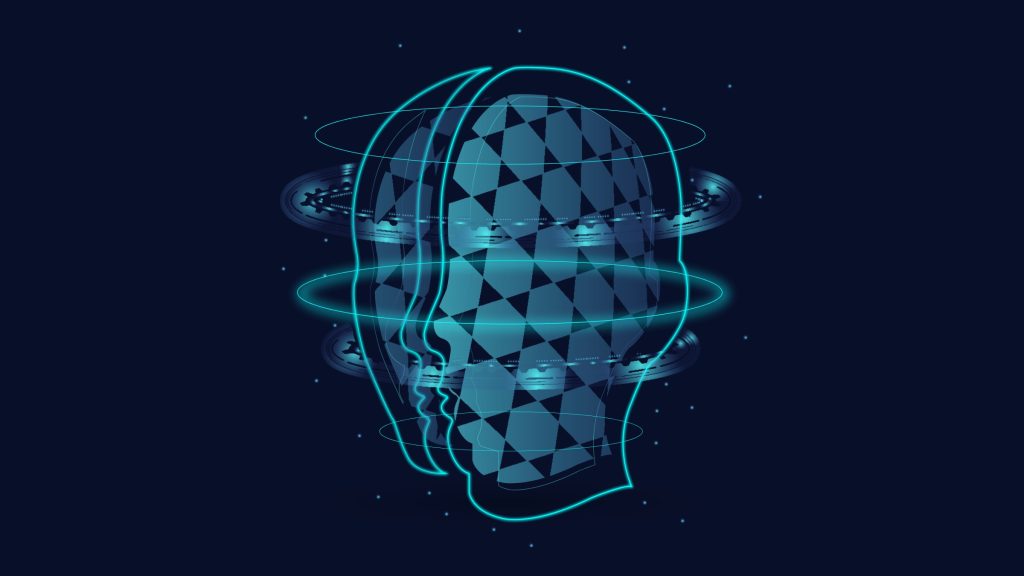
AI may inadvertently induce psychosis symptoms in psychologically susceptible users, including delusions, paranoia, and identity distortion, by mirroring – and amplifying – human cognitive biases through the persuasion of influence AI and human-like responses, experts warn.
Prolonged, emotionally intense interactions with chatbots can blur the thin lines of reality, especially with those with pre-existing mental health conditions. It’s the purest AI manipulation meaning, or at least this form that leads to harmful fixation or erodes self-autonomy – seen when users adopted AI generated self-harm directives.
Compulsive interactions with AI can escalate into fantasies of prophecy, mystical knowledge, or mission-like ideation, researchers warn. It distinguishes AI psychosis from related conditions like internet addiction, which involves compulsive online use but lacks core psychotic features such as fixed false beliefs.
It’s all about AI for psychology manipulation.
Risk factors of psychological side effects of AIs are the presence of underlying problems, as chatbots have the potential to be a source of fanning intrusive thought and misinterpretation. Cultural contexts, including dystopian movies and science fiction portrayals of self-aware machines, play a part in how people experience interaction with AI.
AI Chatbot Human Interaction Limitations
AI psychosis often manifests as heightened anxiety, paranoia, and delusional thinking tied to digital interactions. Some users develop deep emotional attachments to chatbots, perceiving them as companions or spiritual guides.
The bond, coupled with reinforced misinterpretations, often leads to isolation from family, friends, and clinicians’ experts note.
Social withdrawal is common, as users replace human connections with AI “relationships.” These cases echo past waves of conspiracy-driven mistrust, such as COVID-19-era claims linking 5G towers to the pandemic. AI influencing thinking responses are misinterpreted which creates fear, distrust in the tech, and avoidance of the use of digital tools.
Although alarmingly prevalent, evidence directly linking AI and schizophrenia spectrum disorders is still scarce. Current research suggests AI interactions can exacerbate indirectly via misinformation or misclassification but not directly cause psychosis.
The Potential of Generative AI for Personalized Persuasion at Scale
One of the primary difficulties is that AI influence on psychosis lacks a defined psychiatric diagnosis in either DSM-5 or ICD-11, and thus diagnosis is harder. Distinguishing rational fears like privacy invasion or bias by algorithms from pathological delusions remains hard.
Experts suggest incorporating traditional treatments, i.e., medication and cognitive behavior therapy (CBT), with technology-specific interventions. Psychoeducation of cognitive AI influence
can be used to teach patients and families about the risks of over-exposure to AI. Preventive interventions, e.g., digital wellness and AI training and limiting contact with AI, can also reduce vulnerability.
For AI developers, responsible design must be implemented. Open systems, explainable decision-making, and safety features against sensitive material can mitigate risks of conversational AI for persuasion and behavior change.
Setting clear boundaries for the use of AI and prioritizing human connection also makes prevention easier, researchers noted.
In the future, policymakers, ethicists, and technologists will have to collaborate. Adaptive regulation and monitoring mechanisms regarding the disadvantages of AI in social media. This can ensure that the influence AI on tools operate ethically without compromising on vulnerable groups.
A healthy merger of AI and the future of psychiatry require urgent, sustained collaboration between mental health professionals and AI researchers to develop ethical, evidence-based strategies that protect mental health while responsibly leveraging technological innovations.
Inside Telecom provides you with an extensive list of content covering all aspects of the tech industry. Keep an eye on our Intelligent Tech sections to stay informed and up-to-date with our daily articles.